Neuroscientists in the Department of Physiology examine the function of both the central and peripheral nervous systems. Students interested in neuroscience are encouraged to participate in programs and classes offered through the Graduate Program in Neuroscience.
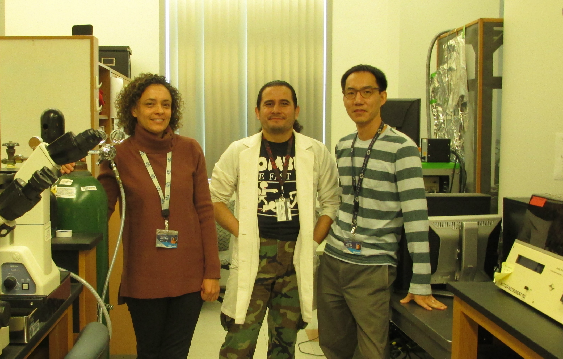
Jessica Filosa, PhD
706-721-8901 / jfilosa@augusta.edu / CV
My major research interest is to gain understanding of the signaling mechanisms governing bi-directional communication among the various cell types within the brain. In particularly, I am interested in the communication between neurons & their surrounding glial & vascular cells. Recent findings have demonstrated an important role for astrocytes as intercellular bridges between the state of neuronal activity & vascular dynamics (or neurovascular coupling). These findings have led to a number of different hypotheses addressing the potential role astrocytes have in neurovascular coupling.
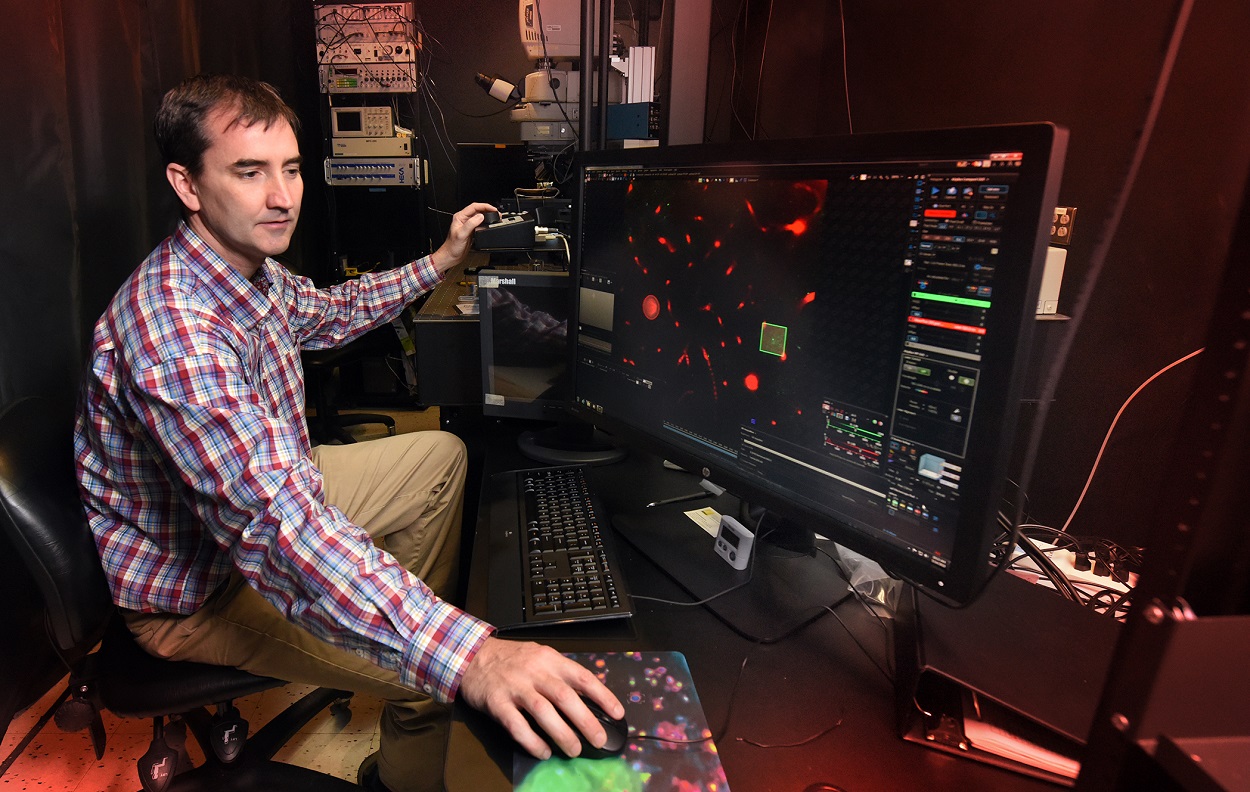
Philip O'Herron, PhD Research Assistant Professor, Physiology
706-721-9103 / poherron@augusta.edu / CV
My lab’s research focuses on questions of neurovascular coupling & visual processing. Our neurovascular coupling works seeks to determine how neural activity in the cortex drives the hemodynamic responses (functional hyperemia) &, in turn, how neurons depend on the increased blood flow to active regions.
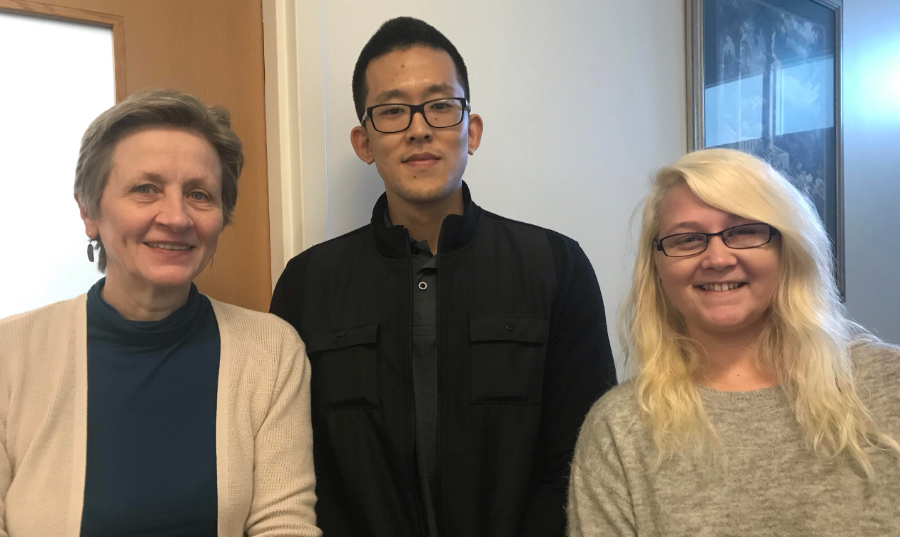
Ruth Harris, PhD Regents' Professor, Physiology
706-721-4479 / ruharris@augusta.edu / CV
My research focuses on factors that influence the control of food intake, body weight & body composition. We have an emphasis on the role of leptin, a hormone that is secreted by adipose tissue & acts to suppress food intake as well as modify peripheral metabolism and insulin sensitivity. Currently, we are examining how leptin responses in different areas of the brain are integrated to reduce meal size, energy intake & body fat mass.
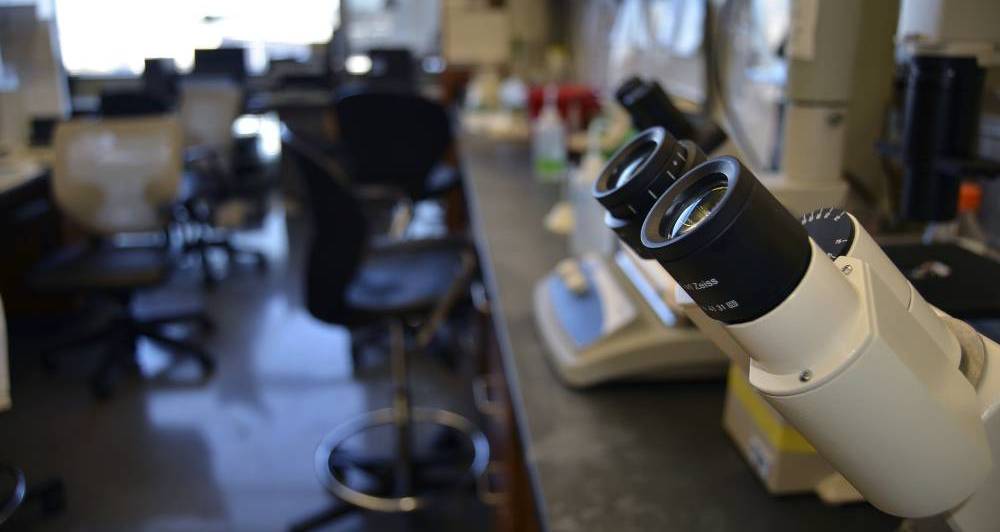 "Somewhere, something incredible is waiting to be known." - Carl Sagan
"Somewhere, something incredible is waiting to be known." - Carl Sagan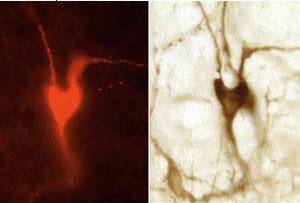
Nothing says cardiovascular neuroscience like a heart shaped brain cell.
